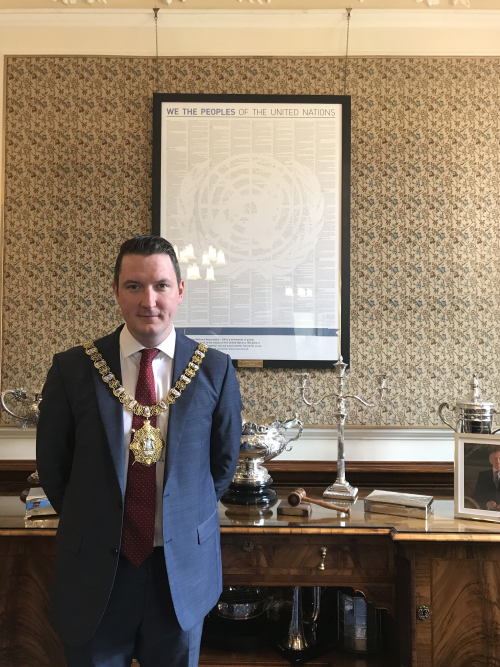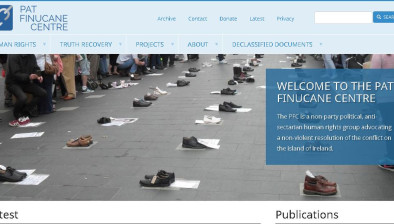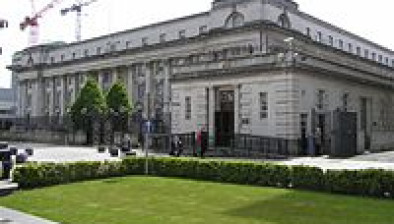NI: John Finucane slams delays to investigation into father’s murder as ‘extension of collusion’

John Finucane
Delays in the investigation of killings during the Troubles are “an extension of the policy of collusion”, solicitor and Lord Mayor of Belfast, John Finucane, said at an event launching a new book about the murder of his father, Pat Finucane.
The late human rights lawyer was shot and killed in 1989 by loyalist paramilitaries in collusion with UK security forces.
The UK Supreme Court ruled in February that the state has failed to deliver an Article 2 compliant investigation into the murder.
The late lawyer’s widow, Geraldine Finucane, has launched High Court proceedings over the UK Government’s failure to make a decision on how it will proceed in light of the Supreme Court’s findings.
Speaking in Belfast City Hall last night, John Finucane said government ministers were deliberately trying to draw out decision-making on legacy investigations, the Belfast Telegraph reports.
He said: “They are continuing the policy, the only policy that they do have, and it is an extension of the policy of collusion, which is delay. We see this being carried out with so many families, families who lost loved ones well before 1989.”
Mr Finucane was interviewed by Irish Legal News last month about his legal career and term as Lord Mayor.
The event in Belfast City Hall marked the launch of a new pamphlet, Pat Finucane: A Community Reflects, by former Sinn Féin president Gerry Adams.
Mr Adams told the event: “Pat’s voice continues to haunt the corridors of power within the British political and security system.
“Last week the family were back in court challenging the British government’s refusal to establish the independent inquiry that was agreed at Weston Park in 2001. That refusal is because the Pat Finucane case exemplifies the use of state collusion between the British government, its military and intelligence agencies, the RUC and unionist deaths squads.”







